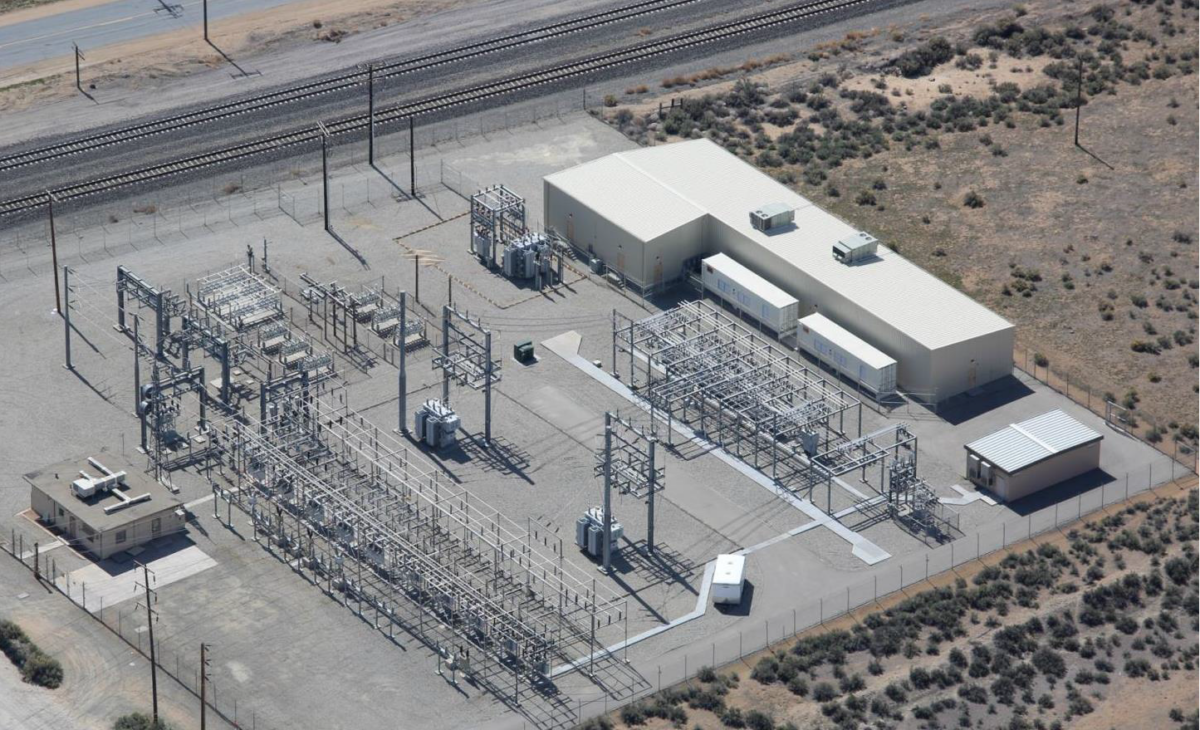Since 2016, when Greece introduced its competitive auction framework for renewable energy and held its first PV tender, the country has awarded more than 2 GW of solar capacity. Awarded projects typically participate in the energy market and secure variable feed-in premiums on top of market prices. The value of these premiums depend on a number of market variables, such as marginal price, in addition to tariffs set via competitive tenders.
This policy remains in place today, but at the end of April, the Greek parliament voted in a new law (Law 5106/2024) that allows the government to hold auctions for asset owners who are willing to accept higher power curtailment rates for their projects than usual, as well as installations that include energy storage systems.
The new policy goes into effect from May 1, but the European Commission will have to approve the new auction scheme before the Greek government can hold the first tenders.
The new law does not define the percentage of electricity curtailment for awarded projects in future auctions. Instead, the new law allows Greece’s Ministry of the Environment and Energy to separately set the percentage of electricity curtailment for awarded projects for each new auction. Similarly, the requirements for energy storage systems in future auctions will also be defined by the ministry ahead of each procurement exercise.
This new approach to auctions is designed to help Greece to manage the issue of electricity curtailment. In the first quarter of 2024, the country curtailed about 4% of domestic green electricity production. However, there are concerns that curtailment could increase sharply in the future, given the current pace of development and the country's ambitious renewable energy targets.
The new law has also put an end to feed-in tariffs for solar projects up to 500 kW in size. Developers of such installations with the necessary licenses can sign contracts with Greece’s Renewable Energy Sources Operator and sell the generated electricity in the electricity market at a feed-in tariff of €65.73 ($71.37)/MWh. Projects up to 1 MW in size for energy communities or farmers will get a feed-in tariff of €68.87/MWh.
Developers of these projects will need to have signed agreements with the Renewable Energy Systems Operator by May 31, 2024. After that date, developers will need to participate in competitive auctions and secure contracts at competitively set prices.
The extension to Dec. 31, 2024, applies to projects in Greece's lignite mining regions of Florina and Kozani, Western Macedonia Prefecture, and certain projects by farmers or the Greek distribution grid operator.
This content is protected by copyright and may not be reused. If you want to cooperate with us and would like to reuse some of our content, please contact: editors@pv-magazine.com.



1 comment
By submitting this form you agree to pv magazine using your data for the purposes of publishing your comment.
Your personal data will only be disclosed or otherwise transmitted to third parties for the purposes of spam filtering or if this is necessary for technical maintenance of the website. Any other transfer to third parties will not take place unless this is justified on the basis of applicable data protection regulations or if pv magazine is legally obliged to do so.
You may revoke this consent at any time with effect for the future, in which case your personal data will be deleted immediately. Otherwise, your data will be deleted if pv magazine has processed your request or the purpose of data storage is fulfilled.
Further information on data privacy can be found in our Data Protection Policy.